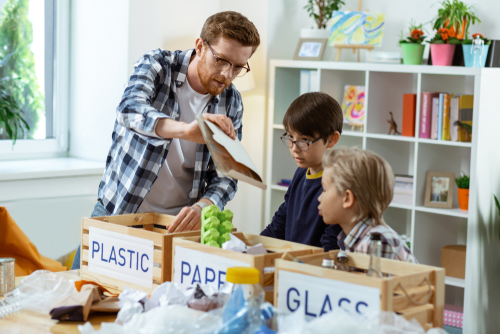Importance of Play Based Learning in school
A mandatory approach in gaining momentum in the early years of students is play-based learning. This learning enhances student’s academic and developmental learning outcomes.A great deal of research has concluded that play-based learning is genuinely and positively impactful on student’s learning and development. The Manthan School is among the best schools in Delhi NCR which nurtures their students from their early years and focuses on enhancing their brain development via various teachings and approaches. One of the approach implemented by the school to enhance mind and body of the student is play based learning. Play based learning is extremely important for brain development, especially in young students. It’s believed that play shapes the structural design of the brain, and provides active exploration that helps in building and strengthening brain pathways. Students learn best when they are engaged, active, and immersed in deep learning experiences.

Beyond stimulating young minds to be receptive to learning, play is a necessary component of brain development for student. “Not only is it an incredible source of fun and socialization, but play is also crucial to student’s learning and development. Their intellectual, physical, and social-emotional abilities emerge and are strengthened through play,” The Manthan School is the best cbse school in Greater Noida West which strengthens the foundation of every student from their early years. So, make your child enrol in the best school of Greater Noida West with an amazing world class education, knowledge, learning environment, infrastructure and much more.